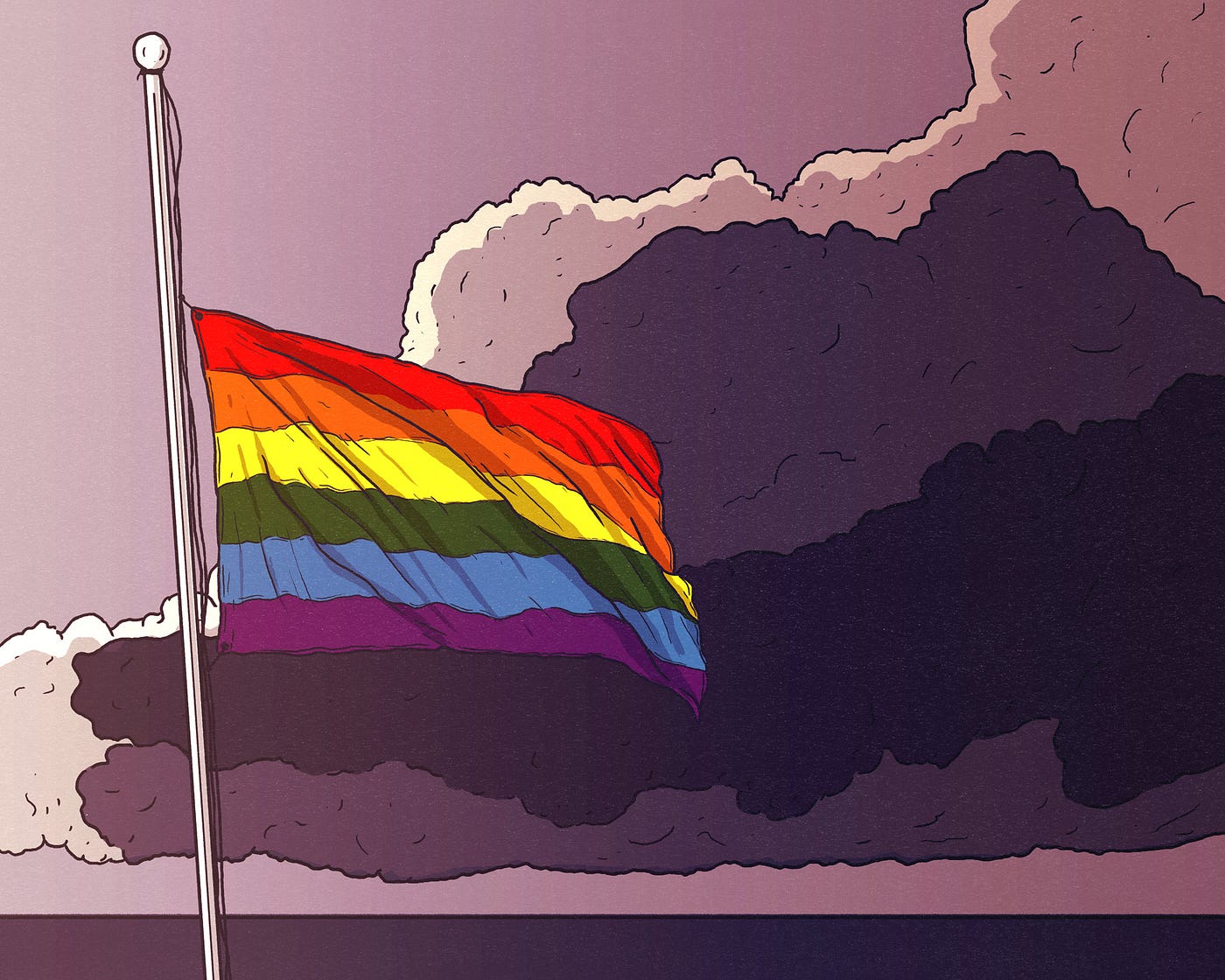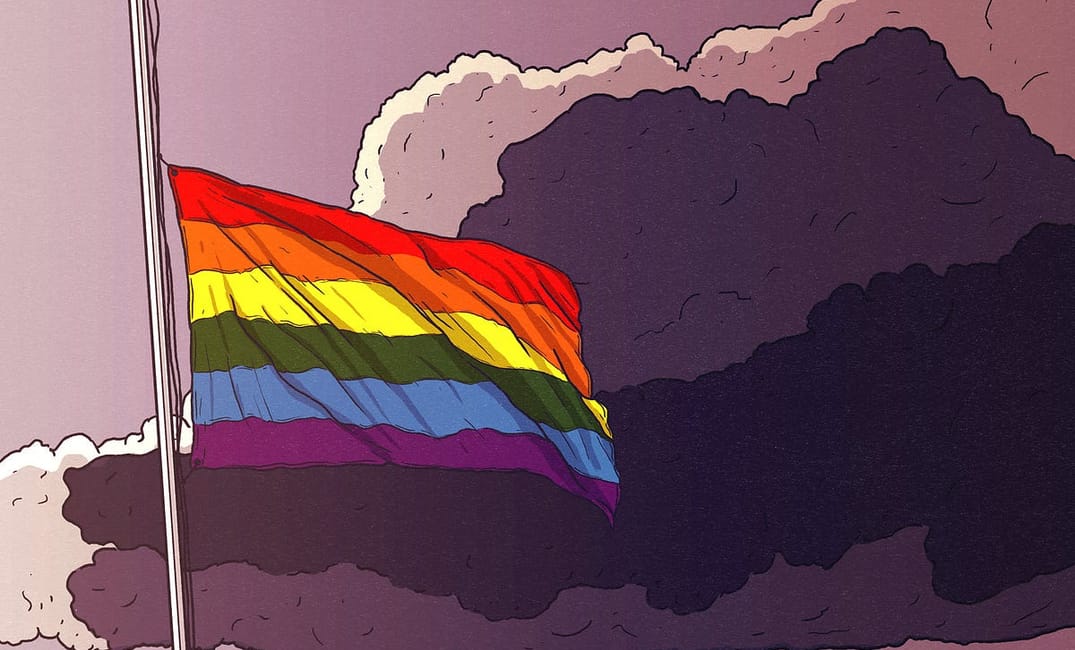
The arc of terror is easy to plot. It starts with fire. An explosion of some kind. Large and chaotic — a car bomb, a hijacking, a semiautomatic. Or precise and controlled — a pistol shot, a rifle, a knife.
The numbers travel first and fastest, increasing minute by minute. A few victims, more victims, many victims — 103. Then the numbers for the other side. A duo, a crew, a husband and wife, one man.
Close behind comes geography, directing the viewer to some point on the sphere — to Tel Aviv, to Brussels, to Orlando — and tacked to its tail is the social where — a church, a dorm, a market, a mosque.
Next a little about the perpetrator, but not much. A name, perhaps, with an age and a brief description. The media monitors as best as it’s able to, but information is missing. The movement is quick, but the reporting is shaky. Allegedly. Supposedly. Could be. We can’t say for sure.
National figures take turns expressing condemnation and solidarity. They offer words of condolence, of faith, of action. “Today as a nation we mourn …”
And then the second explosion comes. Twitter, Facebook, Instagram. Status updates. Hashtags. A sudden shift in profiles from those who seek some personal entry into grief.
As we learn more about the perpetrators and the victims, their hobbies, their loved ones and their final phone calls, we share, we post and we pass. My heart goes out. My thoughts and prayers. This is what’s wrong with this country. With anger, with sadness, with interest, with self-identity, the bursting wail goes on for months.
Grief does better with method, and the formula is part of the comfort. But it is also part of the tragedy.
That we have a national script for this sort of thing speaks to something alarming about us as Americans.
How frequently we’ve come to expect such attacks. (The anniversary of Charleston was the day before Orlando.) How ready we are to cope. Arguably, it shows resilience, but it’s also a form of avoidance. It’s calling for a moment of silence so we won’t have to deal with the uncomfortable truth of the many ways we arm the hateful and fail to protect the innocent.
Then, after this very American story comes to its violent conclusion — a lone man with a high-powered weapon and a radical ideology, and the defenseless victims gathered in a place of seeming safety — the locations become stand-ins for atrocity: Columbine, Newtown, Charleston, Chapel Hill, Orlando. They are distinguished one from the other in a sort of macabre awards ceremony. Most deaths from a semiautomatic. Worst school shooting. Largest attack since 9–11.
They are not isolated events. They are connected one to the other. Orlando is Charleston is Newtown. They cannot be treated separately as independent acts of lone and unhinged gunmen, as though each shooter had made the gun from clay — had taught himself to hate the powerless.
Love cannot be made law, but the legal needle can be easily guided toward hatred or away from it. There are 28 states where LGBT citizens can be denied housing on the basis of their sexual orientation. There are federal antidiscrimination laws to prevent maltreatment of employees on the basis of sex, race, religion or physical ability, but no such federal statutes protect LGBT individuals. Healthy, sexually active gay men still cannot donate blood because of the stigma of HIV. Marriage equality wasn’t nothing, but it isn’t nearly everything.
So long as laws permitting unequal treatment exist, citizenship will remain a terrace of privileged tiers.
The solution each time is obvious: better laws and stricter gun control. Yet it never happens. And the inertia, too, is part of the tragedy, as each shooting never quite ends but rather figuratively and literally bleeds into the next.
It is a delusion to say that stricter gun control will end psychopathy, ideological hatred and aggression. In a nation of many millions, there will always be the few determined lunatics. But it is equally deluded to pretend that Orlando would have been the same had Omar Mateen entered with a six-chambered revolver instead of a semiautomatic. The story would still be horrible, but one with many more survivors. The point of gun control is not and has never been to keep guns from the hands of responsible people. It is to lessen the number of innocent deaths.
A few days after Orlando, there’s nothing smart to say. For one more uninvolved person to write one more thing about it seems irrelevant and distracting. But the deaths are only half the tragedy. Mourn, remember and honor with moments of silence. But honor should not be confined to moments, and it requires more than silence.







